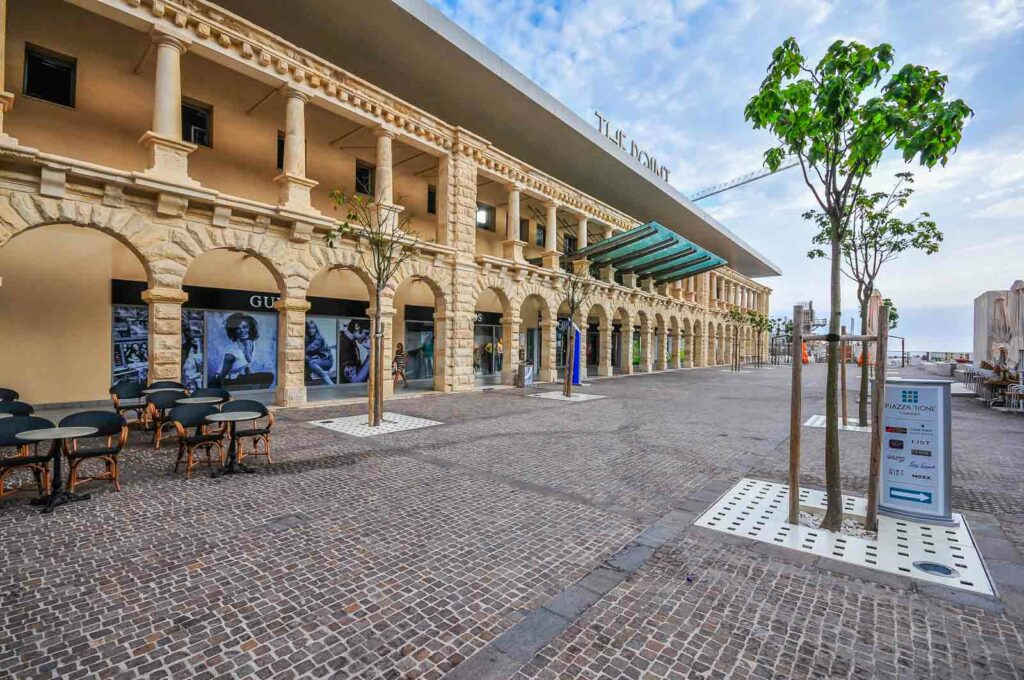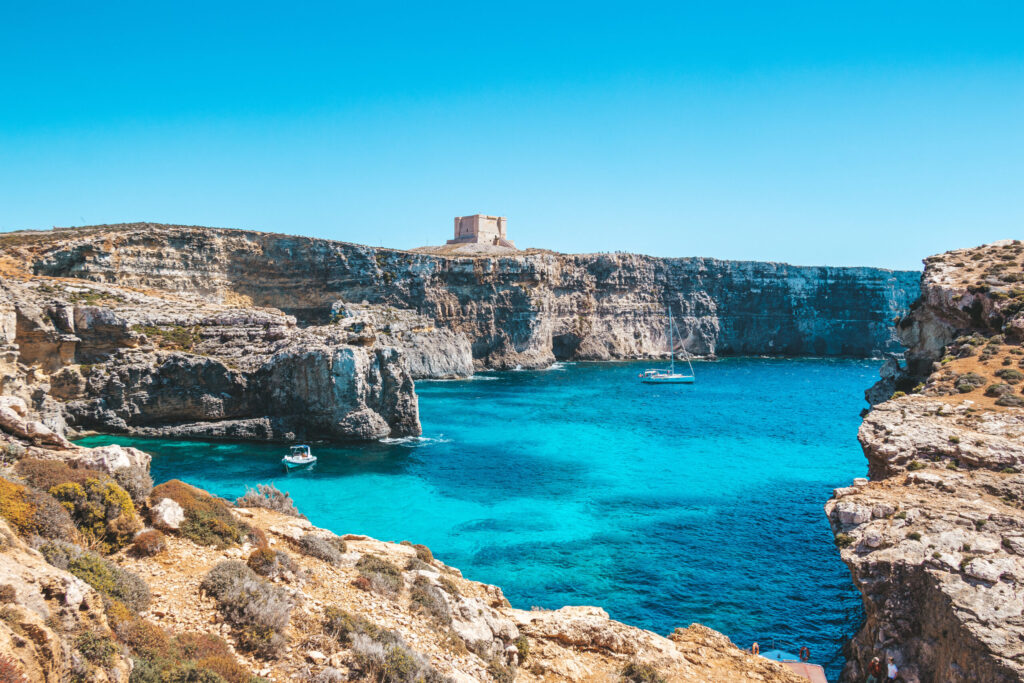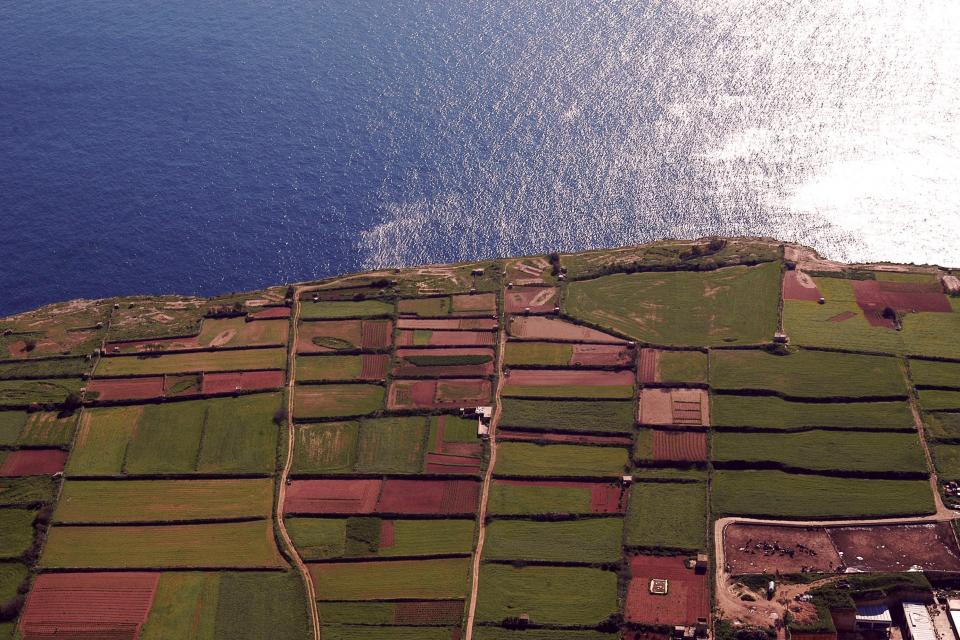Malta’s Tourism Boom in 2024 Opportunities & Challenges
Malta’s 2024 tourism boom is boosting the economy but straining infrastructure, housing, and public services. Rising property prices and environmental concerns highlight the need for sustainable growth, balancing tourism with resource management and eco-friendly practices.


Malta, a gem in the Mediterranean, has experienced a remarkable resurgence in tourism in 2024. The post-pandemic travel surge has brought a record number of visitors to the islands, contributing significantly to the economy. However, this rapid growth presents a unique set of challenges. While the tourism sector is thriving, Malta’s infrastructure, housing, and public services are showing signs of strain. The country also faces environmental concerns due to the increasing influx of tourists, raising questions about the sustainability of this boom.
The Boom in Tourism: A Key Economic Driver



In 2024, Malta welcomed an unprecedented number of visitors, setting new records for tourist arrivals. This surge is attributed to several factors: the growing appeal of Malta as a holiday destination, its favourable climate, rich cultural heritage, and the increasing trend of European and international travellers seeking Mediterranean escapes. The government’s efforts to market Malta globally as a tourist hotspot have also played a significant role in attracting visitors.
According to Visit Malta, the official tourism board, the country saw an increase in visitors, especially from countries like the UK, Italy, Germany, and France, with long-haul tourists from the United States and Asia also showing growth . The tourism industry in Malta is a vital component of the economy, contributing around 27% to GDP . It also provides employment to thousands of locals, supporting businesses in hospitality, retail, and transport.
Despite the ongoing success, industry experts emphasise the importance of maintaining this growth responsibly. Over-reliance on tourism without adequate planning can lead to economic instability, particularly if external factors such as global economic downturns or future pandemics affect travel patterns.
Strain on Infrastructure and Housing


With the influx of tourists, Malta’s infrastructure is facing considerable pressure. The island’s small size and limited resources mean that roads, airports, and public transport systems are often overwhelmed during peak tourist seasons. In Valletta and other popular tourist areas, residents have raised concerns about overcrowding, traffic congestion, and the deterioration of roads due to the increased volume of cars and buses.
Moreover, the housing sector is also feeling the effects. As tourism grows, demand for short-term rentals has spiked, driving up property prices and rent in many areas. This has made it more difficult for locals to find affordable housing, especially in popular regions such as Sliema and St. Julian’s, where properties are increasingly being converted into tourist accommodations . The rise in property costs has led to calls for a balance between tourist accommodation needs and ensuring that affordable housing remains accessible for the local population.
Public Services and Resources Under Pressure
Public services in Malta, including healthcare and waste management, are also strained by the surge in tourist numbers. Hospitals and clinics in major tourist hubs are experiencing higher patient loads, particularly in summer, when visitor numbers peak. This demand puts pressure on already stretched resources, sometimes affecting the quality and availability of services for local residents .
Water and energy resources are also under greater strain. Malta, being a small island, relies heavily on desalination plants for fresh water. With more people visiting the island, the demand for water and electricity has increased significantly. This adds to concerns over the long-term sustainability of Malta’s water and energy supply, especially if tourism continues to grow at this rate.
Environmental Impact: A Growing Concern



The environmental impact of increased tourism is one of the most pressing issues Malta faces in 2024. The country’s natural resources, including its beautiful beaches and coastal areas, are under threat from the continuous development of hotels, resorts, and other tourist infrastructure. Overcrowding in popular natural sites like the Blue Lagoon has led to visible environmental degradation, with littering and pollution becoming more common .
Malta has taken some steps towards addressing these concerns, with initiatives promoting sustainable tourism. These include campaigns encouraging responsible travel and the development of eco-friendly tourism infrastructure. However, environmental groups stress that more needs to be done to preserve Malta’s unique ecosystems and prevent irreversible damage . If managed sustainably, the tourism boom could continue to benefit Malta for years to come without compromising its natural beauty.
Government Support and Sustainable Growth Initiatives
The Maltese government recognises both the opportunities and challenges posed by the tourism boom and has implemented several initiatives to address these issues. Programmes aimed at supporting local businesses in the tourism sector, such as subsidies for sustainable tourism practices, are in place. The Malta Enterprise, a government agency, offers assistance to businesses seeking to innovate and grow, including those in the tourism sector . Additionally, the government has introduced training schemes to equip workers with the skills needed in hospitality and tourism, ensuring that the industry has a steady supply of qualified professionals .
In terms of housing and infrastructure, the government is exploring long-term urban planning solutions, including investments in public transport to alleviate traffic congestion and improve connectivity between tourist hotspots. Moreover, schemes are in place to regulate short-term rentals to help ease pressure on the housing market .
Resources for Business and Individuals:
- Malta Enterprise: Incentives for Businesses
- Visit Malta: Sustainable Tourism Initiatives
- Government of Malta – Housing Schemes: Rent Regulation and Housing Support
Final Thoughts…
Malta’s tourism boom in 2024 represents a significant opportunity for economic growth, but it also poses challenges to the island’s infrastructure, housing, public services, and environment. To ensure that the benefits of this growth are sustainable, a careful balance must be struck between promoting tourism and protecting Malta’s resources. Continued investment in infrastructure, housing regulation, and environmental conservation will be crucial in maintaining Malta’s status as a top tourist destination, while also safeguarding the well-being of its residents.



